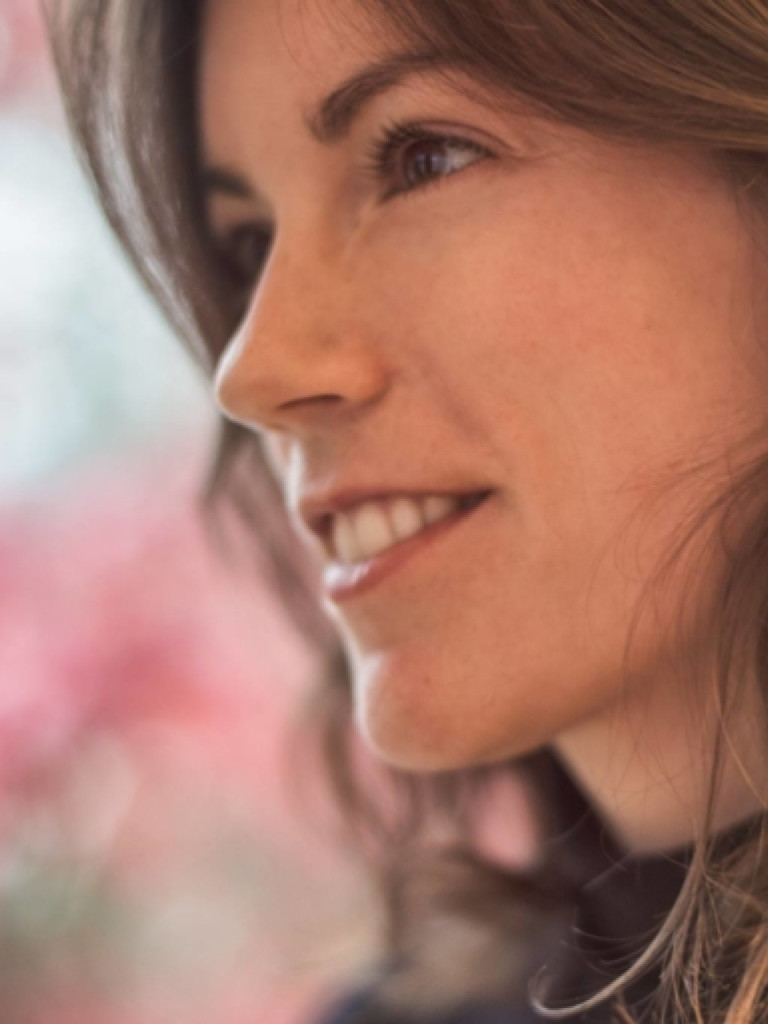
Lois Parshley
- 2018
- Press Fellow
1. Why did you choose to become a science journalist? On a recent morning in central South Africa, for example, Kobus Steenkamp’s farm emerged from the cold dawn. A few camelthorn trees loomed like giants over the plains. Steenkamp’s farm was near the epicenter of a recent outbreak of Rift Valley Fever, a deadly virus weaponized by both the U.S. and the U.S.S.R. during the Cold War. Today, its spread is feared by South African farmers and the U.S. Department of Agriculture alike. But despite its danger, this virus isn’t yet a household name among the American public. Rift is just one of many diseases that have lacked due attention. That Steenkamp’s plight feels distant to Western audiences is one of the biggest challenges in storytelling: How do you make the unseen relatable? It’s a problem that extends far beyond the developing world, and one that’s driven my interest in science journalism. 2. What role do science and science communication play in your country? 2018 has been a difficult time for the free press and there has been much debate over the value of facts since the last American presidential election. I see science journalism as providing a means for people from all sides of the political spectrum to talk about the world around us and how it’s changing. 3. What are the main challenges of science journalism in your country? Big news-stories often dominate headlines, and critical issues are often underreported. As newsroom budgets are cut, journalists are struggling to find resources to do important work, and increasing pressure—and the difficulty of reporting in person beyond the major cities—is reducing the quality of reporting. 4. Where do you see the big societal transformations in the future? What scientific research/discovery will change our world? I’m particularly interested in the scientific fields, like molecular virology or the microbiome, where researchers are learning more about the ways previously separate fields are actually intertwined. That’s what I’m most excited about covering, and why I have a particularly interest in climate change and emerging disease. I’m passionate about the intersection of science and geopolitics. 5. What book, movie or song has radically changed your perspective? And why? I’m interested in borrowing structures and narrative techniques from fiction and applying it to scientific journalism. The last book I read that sparked my imagination in this manner was Anthony Marra’s “The Love of Tsar and Techno.